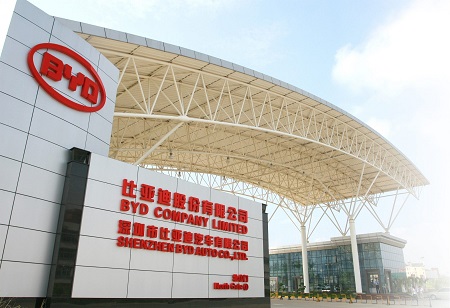
Chinese automakers serve as a national testing ground for technologies from the so-called Fourth Industrial Revolution, and their leadership in the production of electric vehicle batteries gives them an edge. China is far ahead of the rest of the world in this area, and the combination of robotics and artificial intelligence, along with quality control and preventive maintenance, may collapse the cost structure of automotive production.
6,000 specific 5G networks have already been installed in Chinese factories, claims a Huawei spokesperson. 5G's fast response times and high information capacity allow for AI applications in manufacturing, such as sending massive amounts of images to the cloud for processing in real-time to enhance quality control. Because of AI applications, Huawei is launching 5.5G, an upgrade that triples information throughput.
The affordable Seagull from BYD is a sign of change. The typical new car in the US costs $48,000, or about as much as the typical annual disposable income. The new BYD offering's $11,400 sticker price is marginally more than the $7,000 disposable income in Brazil and marginally less than the average disposable income in China.
Similar to how Henry Ford's assembly line made the Model T affordable for the typical American family in 1907, Industry 4.0 manufacturing could drive down the price of entry-level cars to the point where average families in the Global South can afford them.
China's exports increased by 14% year over year in March, driven primarily by a 35% increase in exports to Southeast Asia, which were primarily made up of digital and physical infrastructure. If China is successful in reducing the manufacturing cost structure, both its export market and business operations abroad will continue to grow. For instance, BYD is attempting to take over Ford's defunct Bahia plant in Brazil.

